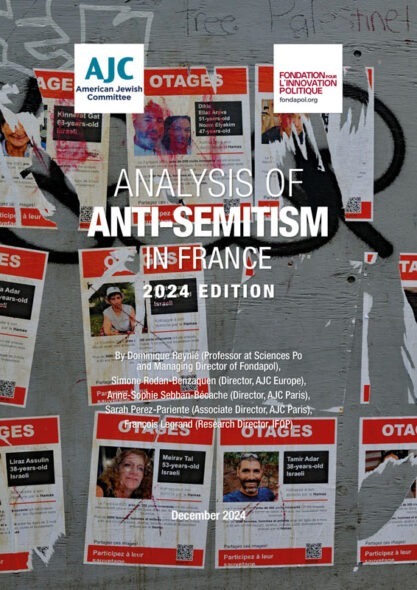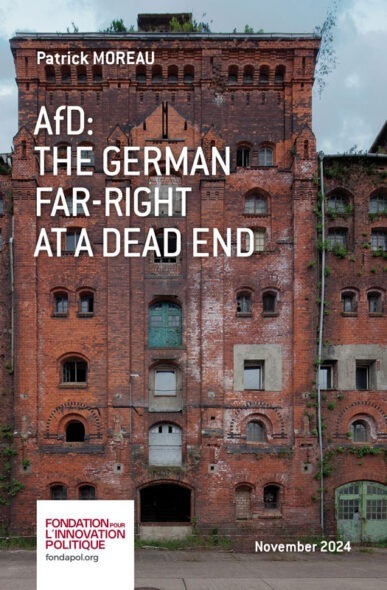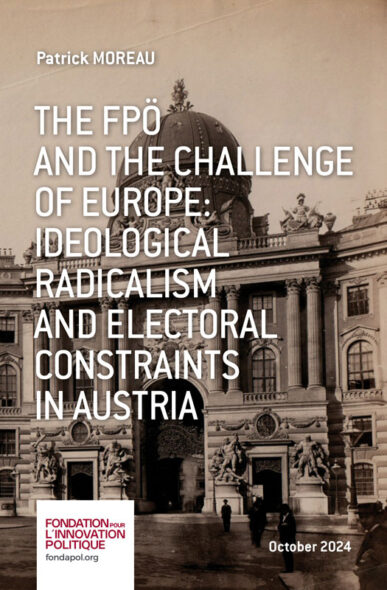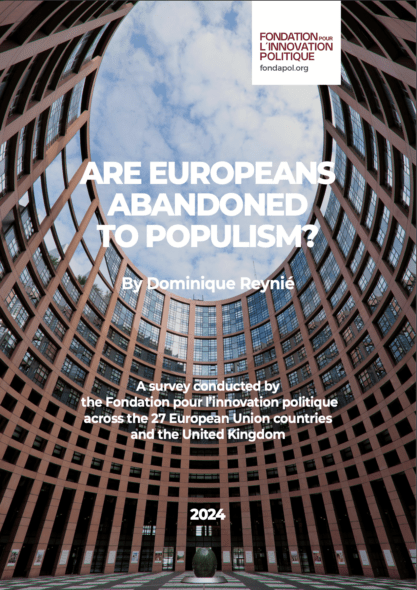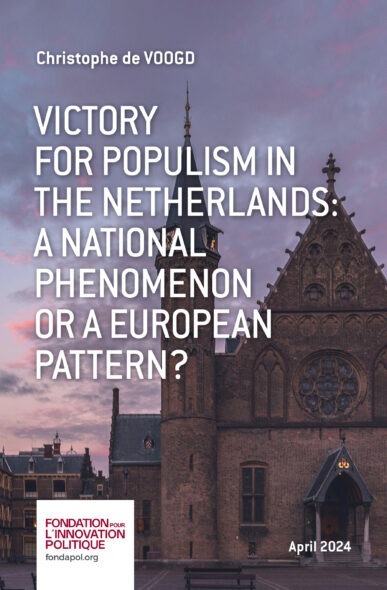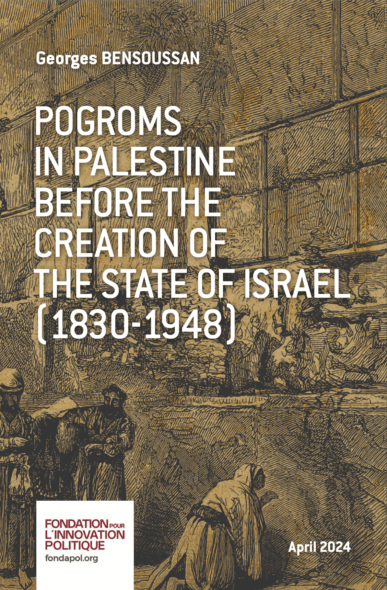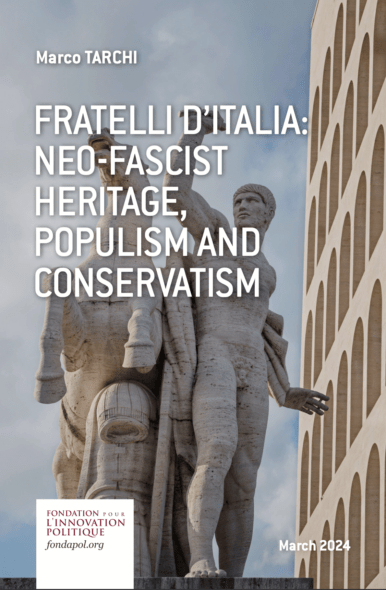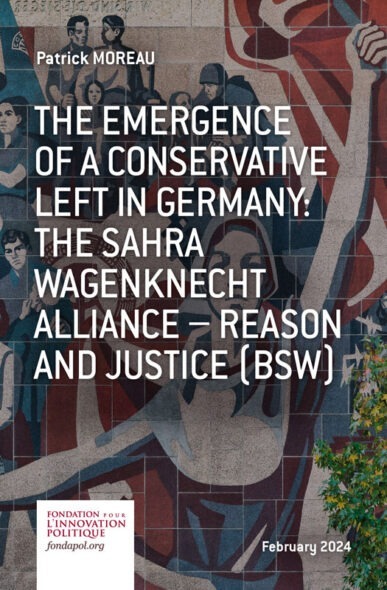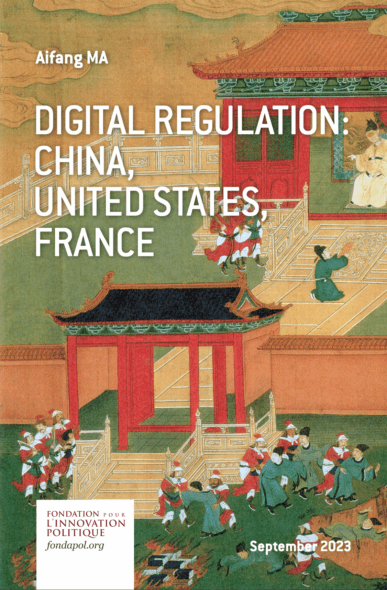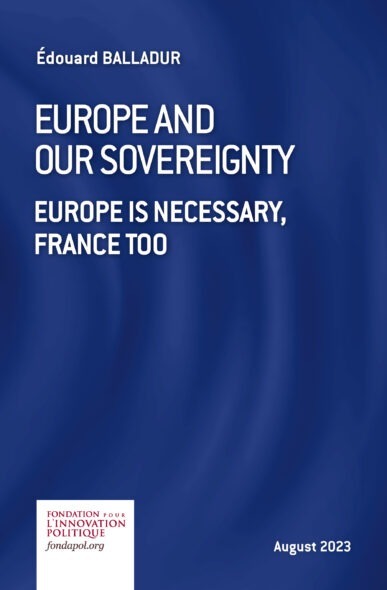In the fight against Islamism, Sweden lost a valuable time
Ann-Sofie Hermansson | 18 July 2023
Ann-Sofie Hermansson, member of the Swedish Social Democratic Party and columnist for the Swedish newspaper Göteborgs-Posten. published an article on July 12, 2023, entitled "Jag borde lagt ännu mer kraft på att bekämpa islamismen," which the Fondation pour l’innovation politique translated.

Ulla Engberg, “Former Gothenburg mayor acquitted in “extremism” libel case,” Sveriges Radio,
11 February 2020.
A member of the Social Democratic Party, Ann-Sofie Hermansson is the former mayor of Gothenburg. Her failure in the 2018 municipal elections precedes the Social Democrats’ historic defeat in the national elections on September 11, 2022, when they were beaten by the populist Sweden Democrats and the right-wing party the Moderates.
Hermansson became a garbage collection truck driver for Renova in Gothenburg. Her change of career was a personal choice, and she says she is happy in her new role. She has also founded a company that makes clothes with reflective patterns.
Columnist for the Göteborgs-Posten, Ann-Sofie Hermansson denounces the rise of Islamism in Sweden. Her commitment against Islamism led to her being sued in a libel case in 2020, after she described two Muslim activists as “undemocratic,” “extremists,” and accused them of “defending terrorists.”1 The court dismissed the case after ruling that her statements fell within the scope of freedom of speech.
Ann-Sofie Hermansson speaks out today on the subject of Islamism.
In June 2023. Fri tanke is a publishing house founded in 2008 by Christer Sturmark, Tomas Björkman, Sven Hagströmer and Björn Ulvaeus. The publishing house is made up of several branches of activity – a forum, a publishing house, a think tank and a magazine – which, according to the publisher’s own description, work together in the spirit of the Enlightenment.
3. The report Threats to democracy and fundamental values – a picture of the situation in Malmö, better known as the Rosengård Report, by Magnus Ranstorp and Josefine Dos Santos, already addressed the problems of Islamic radicalisation in the Rosengård district. The Report found that the spread of Islamic radicalisation had reached a dangerous level. The author of the Report was then accused of demonising Muslims, among others by Masoud Kamali, the government’s special investigator on discrimination issues at the time. Leif Stenberg, a researcher at the Center for Middle Eastern Studies in Lund, described the Report as a “pure scandal,” and other critics included Jan Guillou and Mattias Gardell. What the report’s critics have in common is a strong left-wing political commitment. These left-wing experts and journalists accused the report of not being scientific, in particular because only 30 people had been drawn at random to be interviewed. Some had criticised the report for arguing that the wearing of religious clothing and beards could be signs of radicalisation, echoing assumptions made in Europol reports. The fact is that the Rosengård Report presented a descriptive picture of the situation, not a scientific study. Nonetheless, the choice of interview subjects and the questions asked had been properly defined with Malmö city officials. The people interviewed had worked at Rosengård for many years. The questions and the method used for the Report had been prepared during seminars and meetings involving Malmö city officials, police officers, scholars, etc.
Säpo or Säkerhetspolisen is Sweden’s state security service. It produces an annual report, in collaboration with the National Terrorist Threat Assessment Centre (NCT).
Sweden lost a lot of valuable time by not taking the threat of Islamism seriously when the warning signs began to appear, a decade ago. On the contrary, whistle-blowers were stigmatised.
If there is one thing I regret during my active years in the political world, it is that I did not pursue the issue of Islamist extremism more vigorously. I had not fully realised how bad things were in Gothenburg until I became chairman of the City Council. By that time, my access to information increased. Several courageous individuals drew my attention to the degree of Islamist radicalisation.
These were wise but worried people, working in the police, in social services or as journalists – and who were to become my friends. They had warned in the past but had been met with silence or were suspected of doing the bidding of racist organisations. In the very straightforward book Den omhuldade islamisten: Åren då radikaliseringen tog fart i Sverige (The cherished Islamist: The years when radicalisation took off in Sweden) published by Fri Tanke förlag,2 journalist and author Magnus Sandelin writes about the years when radicalisation gained momentum in Sweden.
The much-maligned Rosengård report, published in 2009,3 warned against Islamic radicalisation in Malmö. But the subsequent discussion was about something else entirely. We lost the opportunity for an incredibly important discussion about radicalisation when there was still time to take action to curb a harmful development. Instead, many journalists, policy makers and opinion leaders spent their time and energy denying the problems.
According to terrorism researcher Magnus Ranstorp, Sweden, like Norway, should have legislated as early as 2012-2013 to address the jihadist problem, but the issue was too sensitive at the time. In 2014, the tide turned. When three hundred Swedes – Gothenburg was overrepresented – had joined the Islamic State (IS) and similar groups, it was no longer possible to deny the problem. What emerges is a story about a Salafism in Sweden in the early 2010s that was both proselytising, financially and ideologically supporting the Islamic State of Iraq and Syria (ISIS) and other terrorist groups, and recruiting Salafists even in Sweden, sending young people to fight abroad. And money was not in short supply. Säpo’s 2021 annual report4 notes that hundreds of millions of Swedish kronor of public funds have gone to organisations with links to violent Islamist environments.
Bettan Byvald, social worker in the neighbourhood of Angered, talks about the development of a new phenomenon. It involves activists seeking out services where they can exercise power over children and young people. “It doesn’t have to be religious activism, but it can also be criminal clans working strategically. They work their way into our administrations, especially as teachers, leisure centre managers and civil servants, but also politicians in our councils. We should not think that we are immune from this.”
This is what ultimately undermines our democracy and damages our society. When, in the words of philosopher Karl Popper, we become so tolerant that we are not prepared to defend our tolerant society against the attacks of the intolerant.
I have never regretted taking up the fight against radicalisation in Gothenburg. On the contrary, I should have pushed the issue harder. It was, and still is, the anxiety to speak clearly about extremism that is our worst enemy.
See other publications of the Fondation pour l’innovation politique on this issue:
- Danish Immigration Policy: A Consensual Closing of Borders, Fondation pour l’innovation politique, February 2023.
- Johan Martinsson, “Sweden Democrats” : an anti-immigration vote, September 2018.
- Tino Sanandaji, Swedes and Immigration : End of homogeneity? (1), September 2018.
- Tino Sanandaji, Swedes and Immigration : End of the consensus ? (2), September 2018.
- Islamist Terrorist Attacks in the World 1979-2021, Fondation pour l’innovation politique, September 2021.

